 The McLennan name has been synonymous with drag racing for over half a century.
The McLennan name has been synonymous with drag racing for over half a century.
It’s not going away anytime soon.
Jim McLennan’s Champion Speed Shop front-engine dragsters were among the best on the West Coast during the sport’s formative years. His impact was such that he was inducted into the International Drag Racing Hall of Fame alongside the likes of Kenny Bernstein, Dale Pulde, Don Schumacher, Frank Bradley and Dave Uyehara.
McLennan died in early 2007, but the name, and the affinity for the sport, live on. That’s due to the efforts of Bob McLennan, one of his sons and now the owner and crew chief of another version of the Champion Speed Shop dragster.
Bob was just a young boy when his father was making his mark on the drag racing scene and the car culture as a whole in Northern California in the late 1950s. In 1958, Jim McLennan opened Champion Speed Shop in south San Francisco, and it quickly evolved into a place where serious hot rodders could come for high-performance parts and tune-up tips from the owner.
But Jim was much more than just a man with a garage. To say he had a vested interest in the sport is putting it mildly, as he created, saved or resurrected a handful of track in Northern California, including Half Moon Bay, Cotati, Fremont, Champion and others. In addition to operating them, McLennan also raced his slingshot dragsters on them.
That usually meant racing at Half Moon Bay on first and third Sundays, and either Cotati or Fremont on second and fourth Sunday.
“So it was every weekend we were at the drags,” said Bob McLennan, who recalls those outings from the time he was 4.
The constant exposure to the sport and his father’s presence, knowledge and experiences taught Bob McLennan the ins and out of the family business. For Bob and his brother, Mike, drag racing was a big part of their lives, but it wasn’t to the exclusion of other outlets.
“In high school, Mom and Dad never missed a football game or anything we did,” Bob said. “Then we would leave the game and go to the track to either work the track or concession stands. It was racing. That’s all we did. That’s how I grew up.”
Surprisingly, Bob didn’t immediately follow in his dad’s footsteps at either the track or the shop. He chose to attend Cal-Riverside, where he earned a degree in economics. He applied his knowledge in real-estate development and athletic clubs.
But about a decade later, in the mid to late 1980s, the lure of drag racing prevailed, and he moved back to San Francisco. That was about the time that a front-engine dragster revival was spawned, and Andy Brizio, whose father had been a friend of Jim McLennan, approached Bob about prepping a car they could campaign.
“The Nostalgia Series started with the Good Guys at Fremont,” Bob explained. “Roy came to me and said, ‘Hey, why don’t we build your dad’s chassis research car for the races?’
“I was doing commercial real estate at the time, and I said, ‘You’re nuts. There’s no way I want to get back into that.’ I had not been involved in the day-to-day stuff, but I said, ‘OK, so we’re going to do it.’
“So that was the start. Sammy Hale, Dad’s driver back in the early ’60s, started driving the car once a year, then twice a year. Then we started to get serious, and the class got serious. It was more the small-block Chevrolet. But then Jim Davis came out with the 426 hemi, and we ran against those guys. With Dad’s experience and notoriety, it was a big part to have the Champion Speed Shop car there. So then I started to get involved in building the cars and tuning them a bit more, and I was a total rookie. But with Sammy Hale, Bruno Gianoli – my Dad’s machinist – and Dad, I got a good lesson. So those were my mentors, and it was fantastic.”

The current driver , Adam Sorokin, has guided the Champion Speed Shop entry to a pair of Heritage Series Top Fuel crowns and a March Meet crown. McLennan continues to field the car just as his dad did years ago with a small-block Chevy between the frame rails. He’s all-in when it comes to making the maximum horsepower he can out of its 377 cubic inches – not that he hasn’t experimented with other powerplants.
“When we started the nostalgia thing, it was, ‘We’re going to run the small block,’ and it was OK,” McLennan said. “Then we stopped running the small block for a short period when we took over the operations of Brian Van Dyke’s brand-new Chrysler car. It was originally a Dave Uyehara car. Then we went to a Neil & Parks car and won the championship that year, the March Meet, and the reunion.
“We’ve done the Chrysler thing, and we would be really competitive with it. But … I’m hellbent on making that Chevrolet competitive. So our Achilles’ heel is the cylinder head, the valves. The way they’re set up, the wedge head is just not made for nitro and where the hemi head is. So we’ve done some development with different coatings and playing around with shrinking the valves and getting more meat between them so that it doesn’t melt at that point. We’re really close.”
In addition to sustaining his father’s legacy with the famed Champion Speed Shop Top Fueler, McLennan also heads up the All-American Fuel Dragsters group (AAFD), which helps unite the front-engine Top Fuel competitors.
“So AAFD was first started by Brendan Murry and Mike Fuller way back when,” McLennan said. “It was just with the Good Guys and getting everyone together. The rules were still pretty fluid at that point, so they were still being designed. As the class grew, the representation was there. So again, with Brendan and Mike, they formed AAFD. So over the years, it was pretty effective with the Good Guys, and it was a good give-and-take as far as our input along with them. The Good Guys left, NHRA took over the Heritage series, and the rules got slightly more precise. The rule book changed.
“The representation could have been better as we evolved, so the AAFD took a different role at that point. I got involved in the late ’90s. Then it was probably 25 members of the Top Fuel cars, and then we would meet in central California once a year and go over stuff and talk about the purse, about rules, and so forth. Then the (nostalgia) Funny Cars came to light, so the class started to shrink slightly. So from 16-car shows, we began going to eight-car shows.
“It’s just history repeats itself. The Funny Cars came and took a lot of the players. So with that, I’ve been on a mission to get more cars, and how do we do that? What’s going to fuel the next generation of Top Fuel racers? We’re getting older, the old core group. So now it looks like a lot of the altered guys are coming into play (in Top Fuel), and they run, right? They’ve got the knowledge, and it will be a good class. So from rules to purse to travel cost.”
Front-engine Top Fuel has seen a notable resurgence within the past year, with higher car counts at select races and more cars being built around the country. McLennan’s passion for the class has him thinking about the next generation, and creating a foundation in honor of his father to get the youth and younger adults interested and excited about Drag Racing.
“Auto shop classes in high schools are pretty much gone, at least in California,” McLennan said. “So we teamed up with the junior college system, Skyline College, first in San Bruno. We formed the Jim McLennan Drag Racing Foundation. We give a set of tools to all graduating kids coming out into the automotive world. We teamed up again with Bakersfield College, and we have the nitro interns. We place one or two of their students on all the Top Fuel teams at the March Meet and the Bakersfield reunion. So that’s taken a whole different life, and it’s been wonderful. Vic Posey, who runs that program for the college, has been supportive to no end. So it’s been great.”
It’s the kind of pro-active initiative that got Champion Speed Shop started in 1958. Bob McLennan is not only sustaining his father’s racing efforts, he’s seeding the ground for the next level of quarter-mile hot rodders.












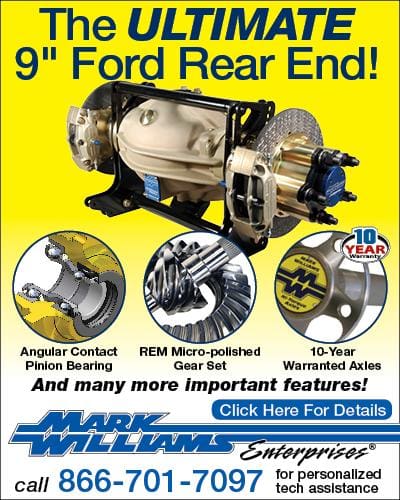
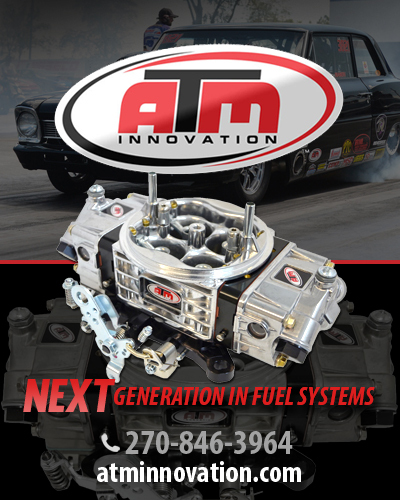
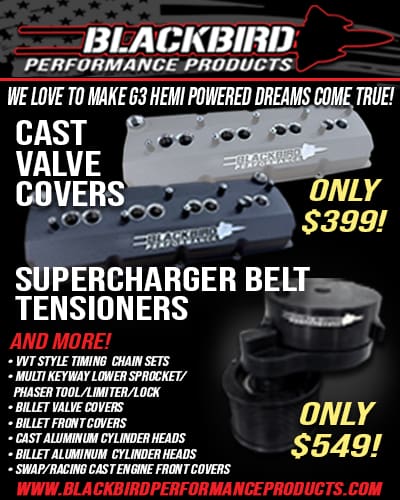


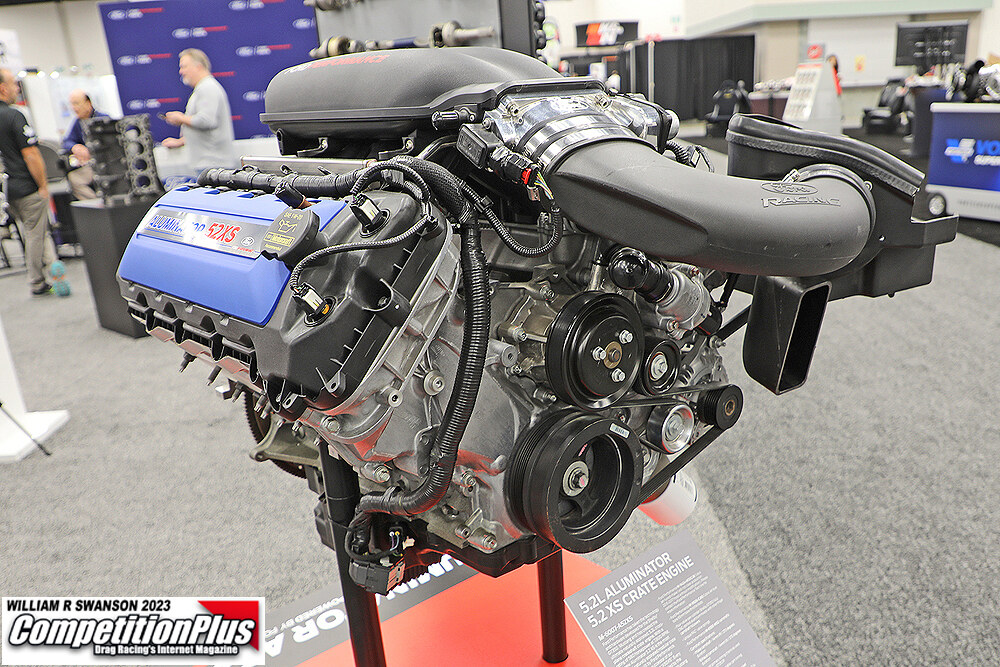

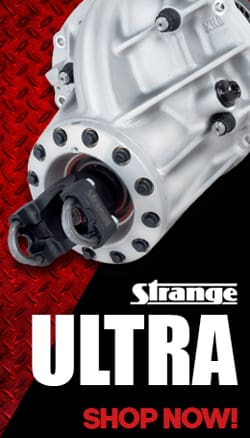
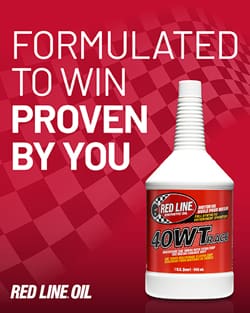
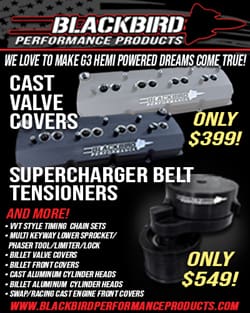

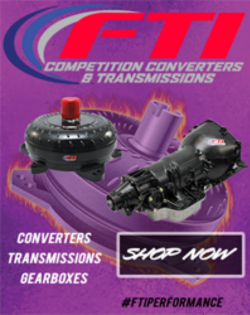





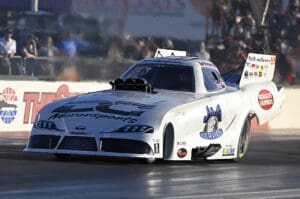
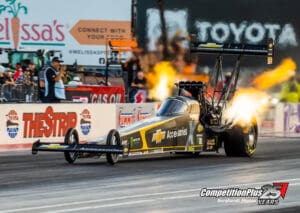
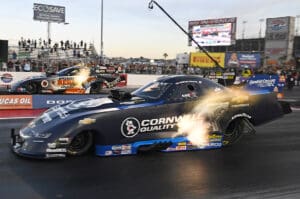
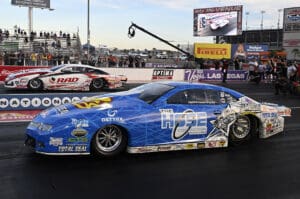
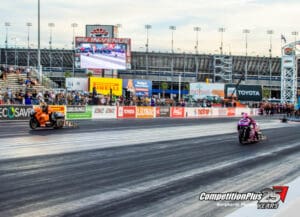
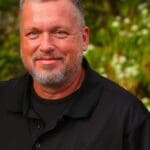
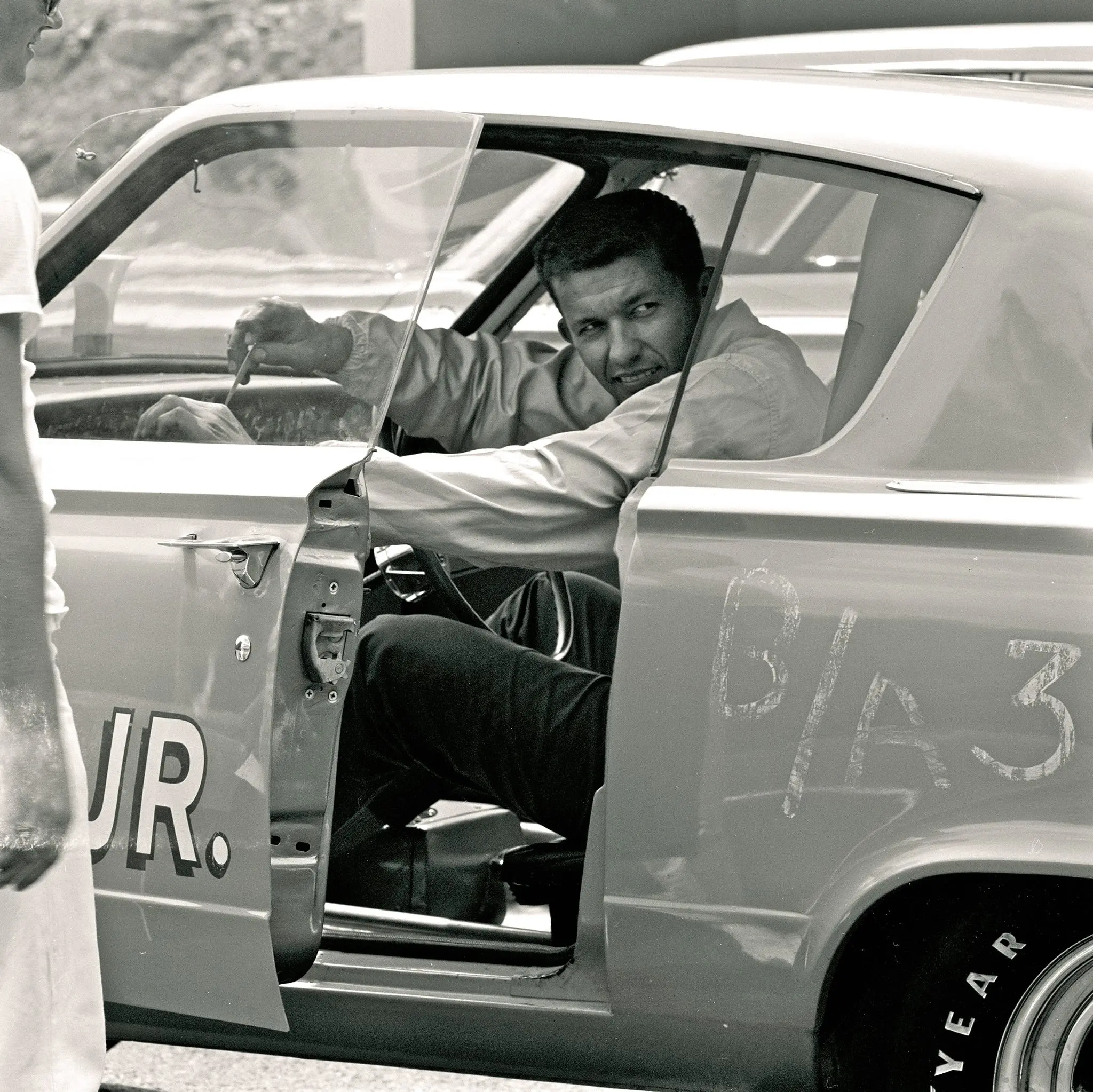
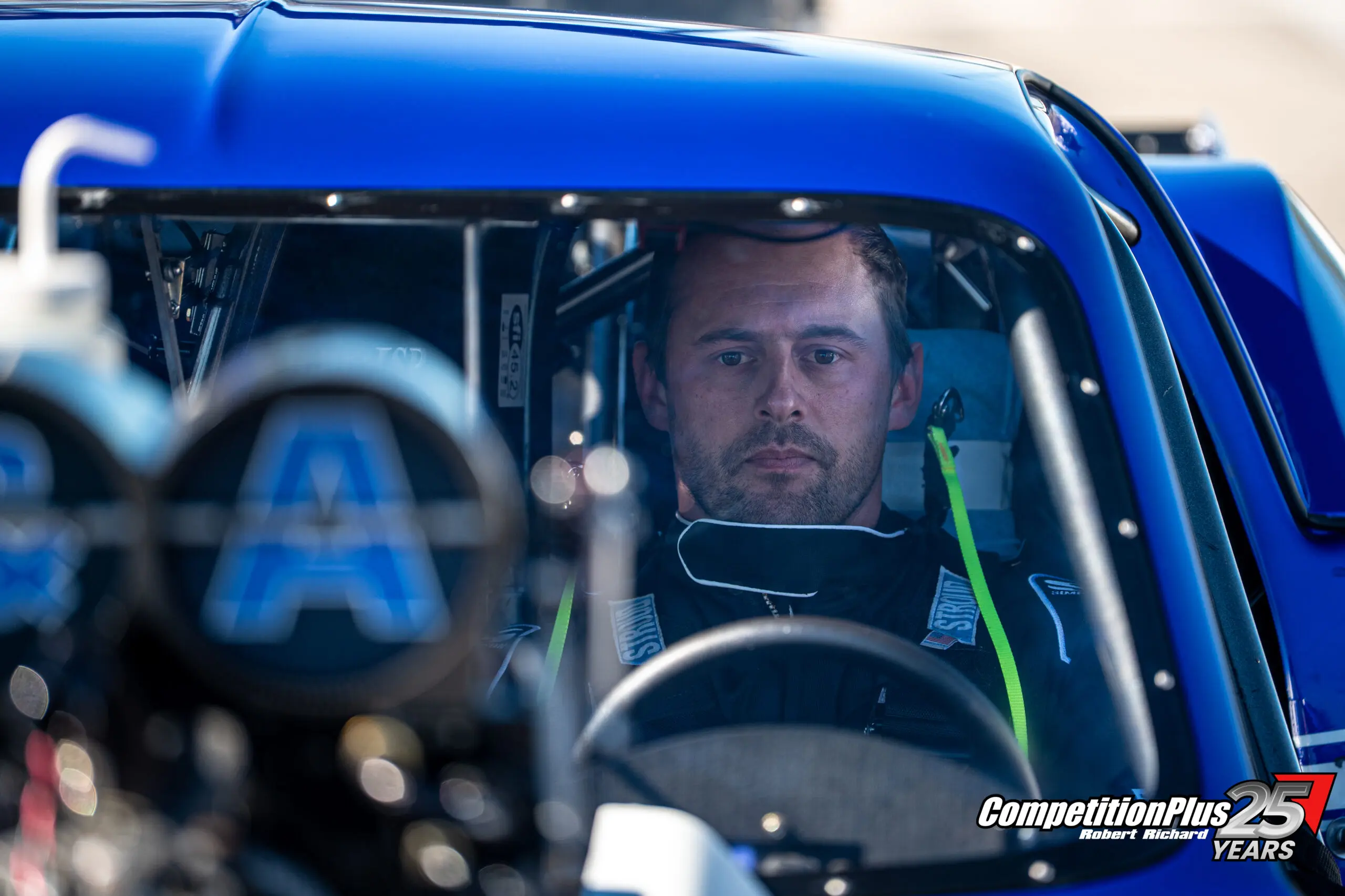
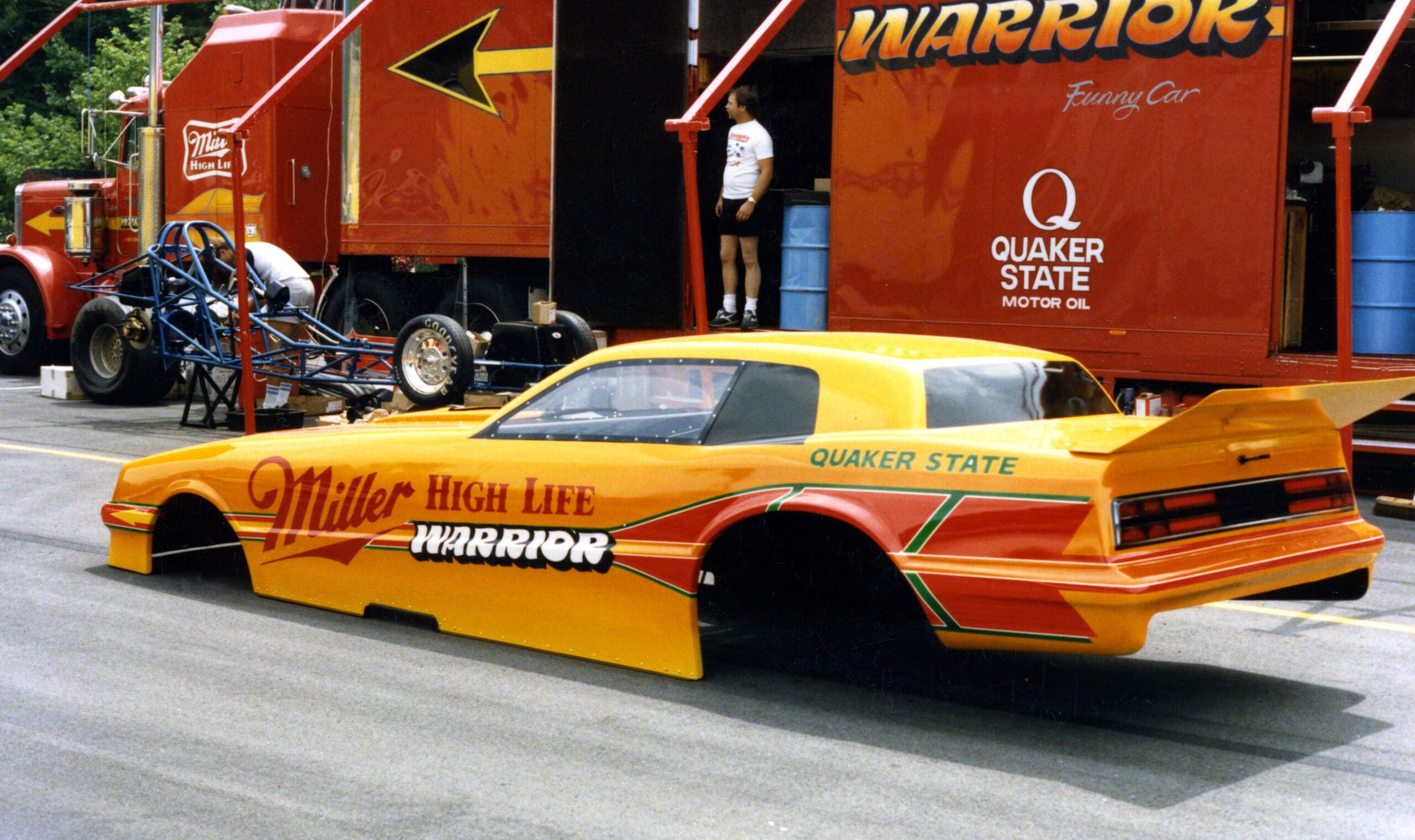
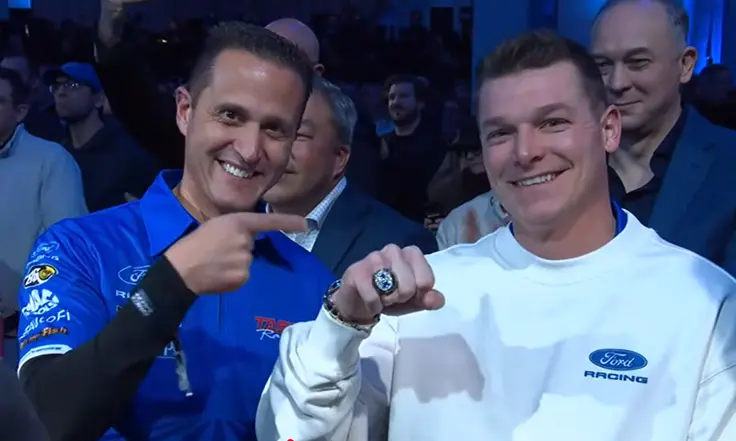
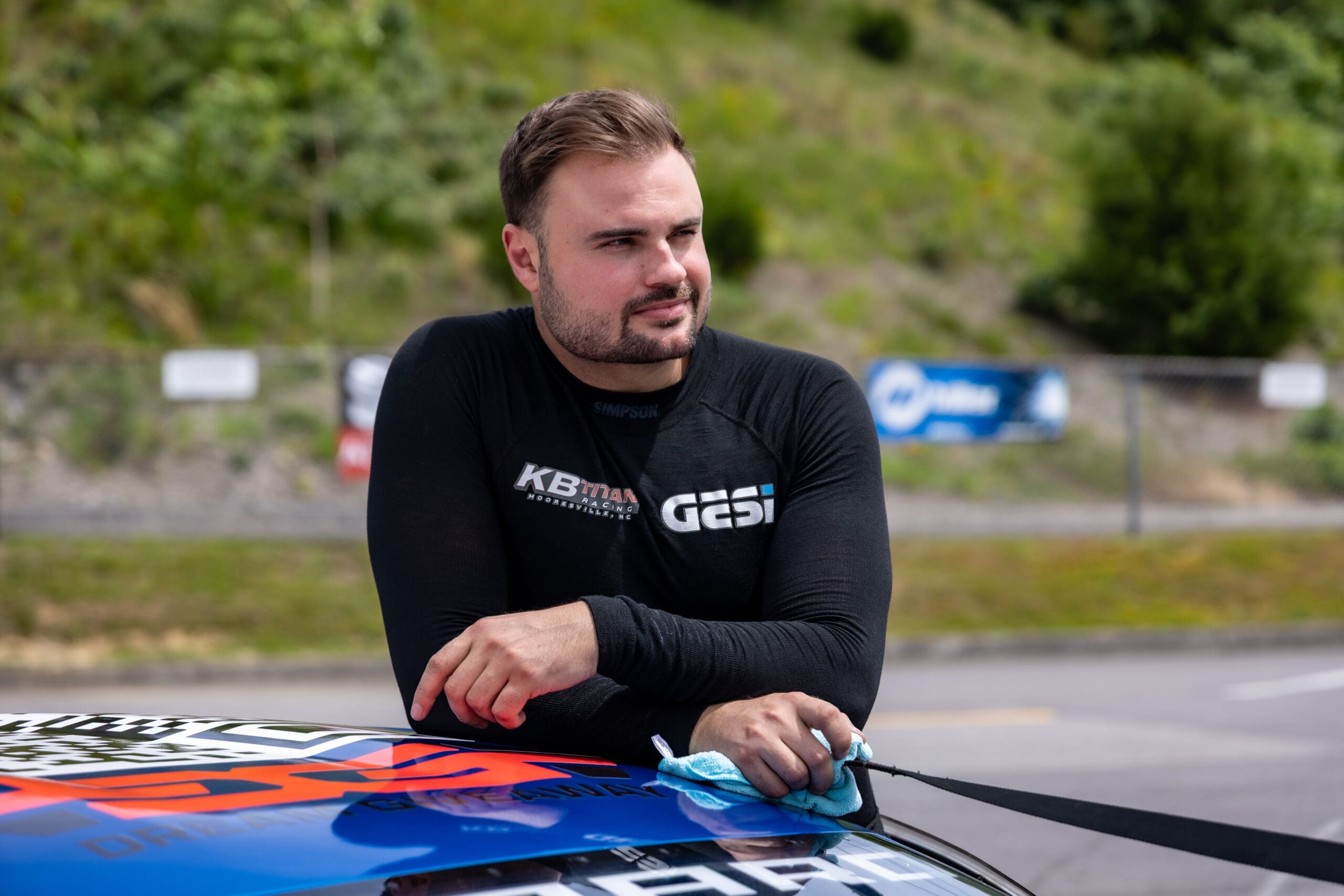
DEADHEAD UNDER THE HELMET: JEG COUGHLIN JR.’S OTHER LIFE